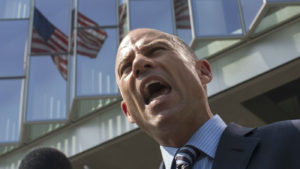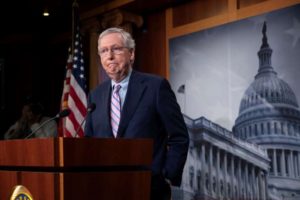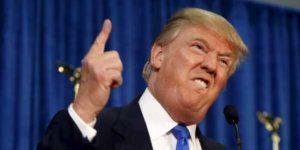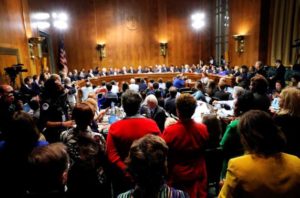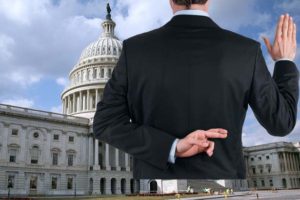Michael Avenatti began driving me crazy some months ago when he was seen everywhere, talking to every talking head on TV about a client of his, a woman who goes by the name of Stormy Daniels.
She is the adult film actress/dancer who took a $130,000 payment from the former lawyer for Donald Trump to keep her quiet about a one-night stand she said she had with the future president of the United States in 2006.
Avenatti has become a ubiquitous presence on TV. Good grief, the guy seems able to be everywhere all at once! How does this clown do that?
And then he entered the battle to keep Brett Kavanaugh off the Supreme Court. He now represents a woman who contends that the newly sworn in justice assaulted her years ago.
You know, I am going to buy into the argument that Avenatti’s late entry into this discussion might have doomed efforts to keep Kavanaugh off the court.
Avenatti has become a politician. He has stated his desire to consider running for president of the United States in 2020. He is making political speeches. He is saying Democrats need to deal with Trump with even more bile and vitriol than the president dishes out to his political foes.
I’m trying to connect the dots. A lawyer signs on to represent a high-profile client; then he starts sounding like a possible presidential candidate; and then he jumps into another high-profile fray, this time involving a nominee to the highest court in the United States.
What’s this guy’s motive, other than to boost his clientele, make a name for himself and, well, fatten his wallet?
Avenatti very well might be a first-rate lawyer. He says he is. All the time. To any talk-show host who’ll have him on the air.
Me? I’m sick of listening to this clown.
